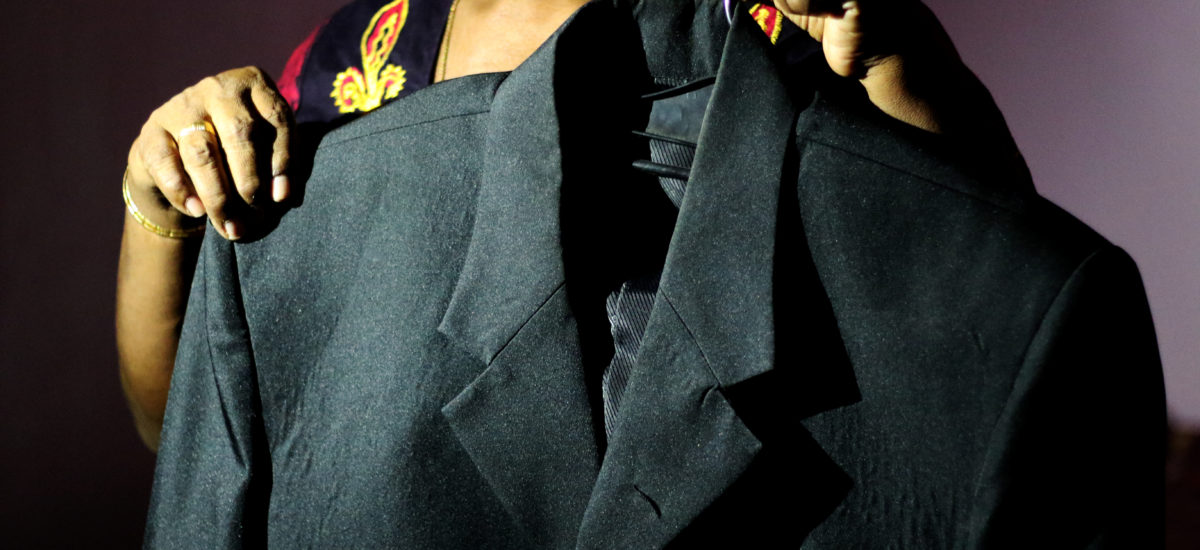Featured image courtesy Selvaraja Rajasegar
The following is the translation of a story by Selvaraja Rajasegar, editor of Maatram (click here and here to view the series in Tamil). As of today, the families of the disappeared have been protesting, across the North and East. In some areas, it has been over 290 days. Their pleas, to provide details about what happened to their families, have yet to be answered. Five of the protesters have died since the protests began. In light of Human Rights Day, which falls on December 10, Groundviews translated this series, to highlight their continuing struggle.
All names have been withheld to maintain the privacy of the individuals interviewed.
Maatram:
“Do you have anything that reminds you of your son/daughter/husband/grandchildren? Something that they used?”
Mother/Father/Wife/Sister/Grandmother:
“I have, son. I kept it safely. I washed my son’s blood-stained shirt, and kept it with me.”
“Yes, brother. I have one brother’s camera, and the other’s comb. I have my husband’s shirt as well.”
“We only had our clothes when we crossed over to the Army side, right? We didn’t have anything else. We thought our son would return, and that’s why we handed him over to the Army.”
“I have the blazer that we made for him to wear for his elder brother’s wedding. Since that’s all I had left in my suitcase, that’s the only thing I have to remember him.”
“I have the bedsheet my husband used. When she thinks of him, my daughter covers herself with this sheet.”
“This is a shirt my son sewed himself. He used to make clothes for me as well.”
The relatives of those who have been forcibly disappeared live on. They live surrounded by treasured possessions, each a reminder of their loved one’s absence. They pass by the places they once walked, and meet people their missing ones loved.
Recently Maatram visited these families to ask them a difficult question – if they would share their loved one’s possessions to be photographed. Upon asking this question, they wept bitterly. Their pain cannot be described with words.
Still, they came forward with these treasured belongings, wet with tears. They believe their loved ones will return. It was with great relief that their loved ones had survived, through bullets and shellfire that they handed them over to the Army. Now, since they haven’t returned, they are suffering.
Their sadness is immeasurable.
This is their story.
View the full story, created on Adobe Spark, here, or scroll below.


